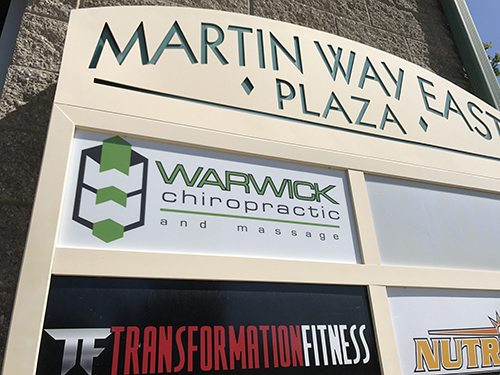Is It Time for Botox ™?
Botox ™ is a big thing at the moment, and has led some people in the Lacey Olympia area to question if it is time for botox ™ to be tried with regards neck pain and whiplash injuries. It is well known that neck muscle pain is common in patients after a whiplash trauma. Intense pain is often present, as are tightness and spasm. In addition, the muscles of the neck often remain tighter following exercise.
So what’s a person to do? Is it really tight muscles that are the source of pain in whiplash trauma? If so, then wouldn’t a treatment like Botox ™ injection cause the neck muscles to relax and offer real hope? Sometimes simple logic gets us closer to the truth. In a complex disorder like whiplash, a simple cure may be nothing more than a sales pitch from a snake oil salesman. Extraordinary claims demand compelling scientific evidence, not just a good story. This is where science comes in and examines with it is time for Botox ™.
Research
Researchers from the Netherlands decided to test the Botox ™ theory in 40 patients with chronic whiplash symptoms. The study was randomized and placebo-controlled. The placebo or control treatment was saline (simple salt water) which was also injected into the neck muscles The Botulinium toxin was injected into the patients’ necks and they were followed for 12 weeks. The researchers measured days in pain, neck pain hours, and the amount of pain pills taken.
The results showed that Botulinum toxin injections are not effective in the treatment of neck pain in chronic whiplash syndrome.
Other research has shown that disk and ligament sprain injuries are major sources of pain in whiplash. These disorders can affect the posture of your neck, as well as limit the movement of spinal joints. Other joints may move excessively following a whiplash trauma.
Some patients are given muscle relaxants in treatment, but these drugs have also been shown to be ineffective. Others take the anti-inflammatory approach and ingest pills to suppress pain. Studies of these drugs have also shown them to be mostly ineffective. There are also unintended side effects that can occur when they are taken over many years, especially stomach bleeding and kidney or liver problems.
Conclusion
The jury is now in on Botox™ neck injections for tight neck muscles: avoid it. While it may be a reasonable approach to reduce a few wrinkles in the face, whiplash patients do not benefit from this type of treatment, so the simple answer is that it is not time for Botox ™.

Dr. David Warwick, DC, is a board-certified chiropractor with over two decades of experience helping people find fast, effective relief from back and neck pain. He is the only chiropractor in Lacey, WA certified in the Zone Technique — a specialized healing method that restores balance to the body’s six systems for long-term wellness.
At Warwick Chiropractic & Massage, Dr. Warwick focuses on short-term, results-driven care, helping patients return to life without unnecessary long-term treatment plans. His clinic welcomes walk-ins and offers convenient online scheduling for modern, flexible chiropractic care.
Dr. Warwick is committed to educating his patients and the public about natural pain relief, spinal health, and how chiropractic care can be both simple and life-changing.





